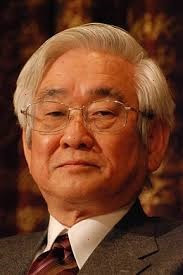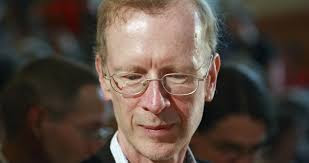Future of mathematics is bright. Mathematics best future is good for mankind. Mathematics has made yesterday's wonders a reality today. Mathematics is present everywhere. It has made possible today's reality a possibility. Mathematics is available in astronomy, electronics, biological computation and modelling, economics etc.
 |
| Futuristic Math |
From 17th century onward mathematics has progressed a lot. Mankind should keep mathematical progress at the current level. For bright future of mathematics, we need bright mathematician. we need lots more Newton, Fermat, Gauss, Leibnitz to launch mathematics in new orbits.
The dark side of story is that very few young mind are getting attraction towards mathematics. Every countries should encourage new vibrant and young blood in mathematic's beautiful world.
A glimpse of future of mathematical advancement and computational power of mankind is given below.
- We will carry 100X times more computatonal power in our pocket after 10 years down the line.
- Current financial encryption security will be at risk and some more advanced encryption methods will be used.
- New starts, planets and galaxies will be discovered due to increase in computational power.
- Quantum mathematics will gain prominence.
- Visualisation and feel of math will be easy due to smart phone penetration and other devices popularity. This will elliminate math phobia from student.
Key Highlights:
What is math future?
How future math is different than present math?
भविष्य का गणित
गणित का भविष्य
Other Interesting Readings:





















